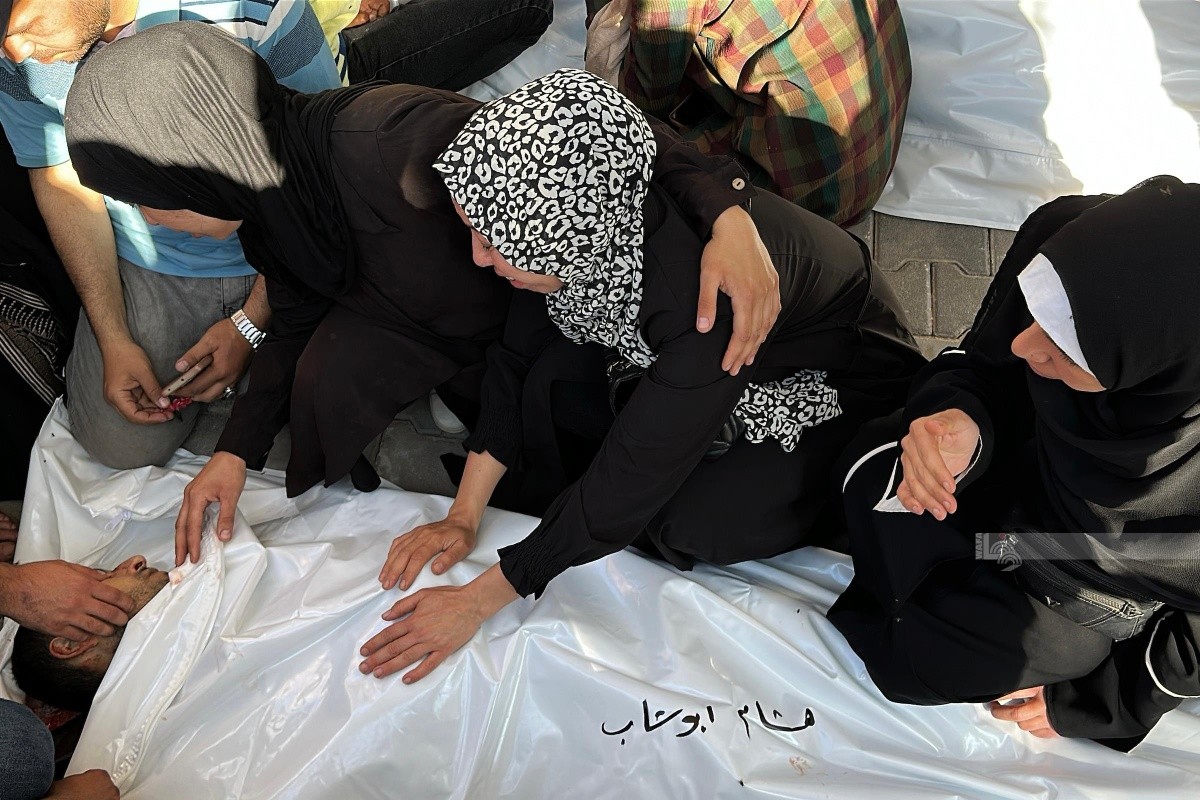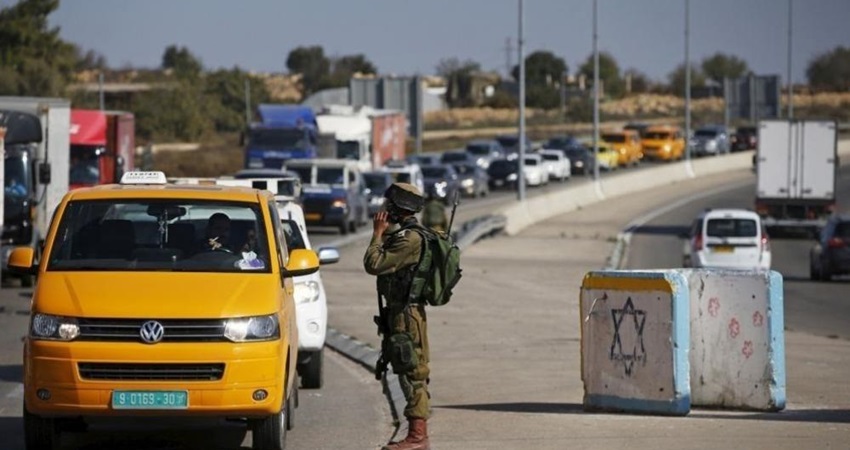HEBRON, September 3, 2025 (WAFA) – Palestinian factions in the Hebron governorate on Wednesday reiterated their rejection of Israel’s ‘tribal emirate’ plan.
Various Palestinian factions in the occupied West Bank governorate renewed their rejection of the Israeli occupation authorities’ plan to establish an independent “tribal emirate” in Hebron, separating it not only from the Palestinian Authority’s control but also from the rest of the occupied Palestinian Territory.
They also rejected the Israeli plan to install a tribal leadership in place of the Palestinian Authority, and described the plan as one that is designed to serve Israel’s colonial plans to effectively divide the Palestinian Territory into cantons, thereby destroying the territorial integrity of Palestine, impose a fait accompli situation that makes it impossible to build a viable Palestinian State in the territories occupied by Israel in 1967, including East Jerusalem.
They also decried the detention by the occupation forces of the mayor of Hebron, Tayseer Abu Sneineh, considering it as part of the Israeli plan to impose such a fait accompli situation, and called upon the Palestinian Authority to take deterrent measures against anyone who dares to engage with the occupation authorities’ plans.
The occupation forces rounded up Abu Sneineh from his house in the city on Tuesday. The gun-toting soldiers vandalized the property, causing extensive damage.
Inspired by Zionist academic Mordechai Kedar’s long-standing "Palestinian emirates" concept, Israeli Economy Minister Nir Barkat has put forward a plan to carve Hebron out of the occupied West Bank and install a tribal leadership in place of the Palestinian Authority, with the plan presented to Israeli Premier Benjamin Netanyahu’s Office for review.
The city of Hebron, which houses the Ibrahimi Mosque, is home to roughly 160,000 Palestinian Muslims and about 800 notoriously aggressive Israeli colonists who live in compounds heavily guarded by about 1,500 Israeli troops.
Under the Hebron Protocol, part of the Oslo Accords between Israel and the Palestinian Authority, Hebron was split the city into two zones: H1, under Palestinian administration, and H2, under Israeli military control.
While it was introduced as a security arrangement, critics say it unfairly favoured Israel, placing about one-third of the city, including the commercial centre, under full Israeli control.
Israel has expelled the only international monitors protecting Hebron’s Palestinians from 800 heavily guarded colonists, one of whom committed the 1994 massacre that triggered their deployment.
Thirty-one years ago, Israeli colonist Baruch Goldstein broke into the Ibrahimi Mosque and opened fire at Palestinian Muslim worshippers, killing 29. Four Palestinians were killed on the same day in the clashes that broke out around the Mosque in response to the massacre.
In the aftermath, the mosque was divided into two parts, with the larger part turned into a synagogue, while heavy scrutiny was imposed on the Palestinians and areas were closed completely to them, including an important market and the main street, Shuhada Street.
K.F.










